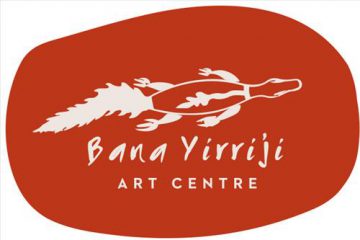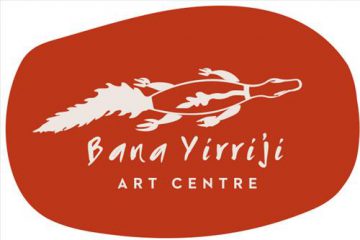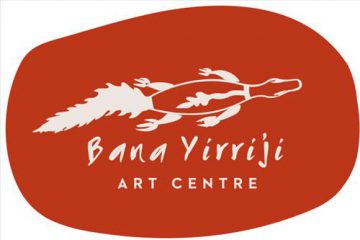225682267046
Baḻgurr Bathi
I learnt how to make baḻgurr bathi (string bags) from my mum when I lived in Milingimbi (Northern Territory) and worked with the Crocodile Islands Junior Rangers. We would go and collect baḻgurr (Kurrajong – Brachychiton Populneus). We would cut good sized branches from the tree and then smash them with a rock on a hard surface to break up the fibres. Sometimes we dyed the fibres by boiling it with natural dyes. Once smashed up, we would then strip and separate the fibres from the bark and let them dry in the sun. Once dried we’d start twisting and rolling the fibres on our thigh to make a few meters of string and then weave it into a bag using the looping technique. This is a very time-consuming process.
Traditionally string bags are used by women and mothers to carry bush foods such as maypal (oysters). These days people use the bags for their shopping and carrying items like mobile phones!
I am Garawirrtja on my mother’s side and Kuku-Yalanji on my father’s side. Doreen Collins




